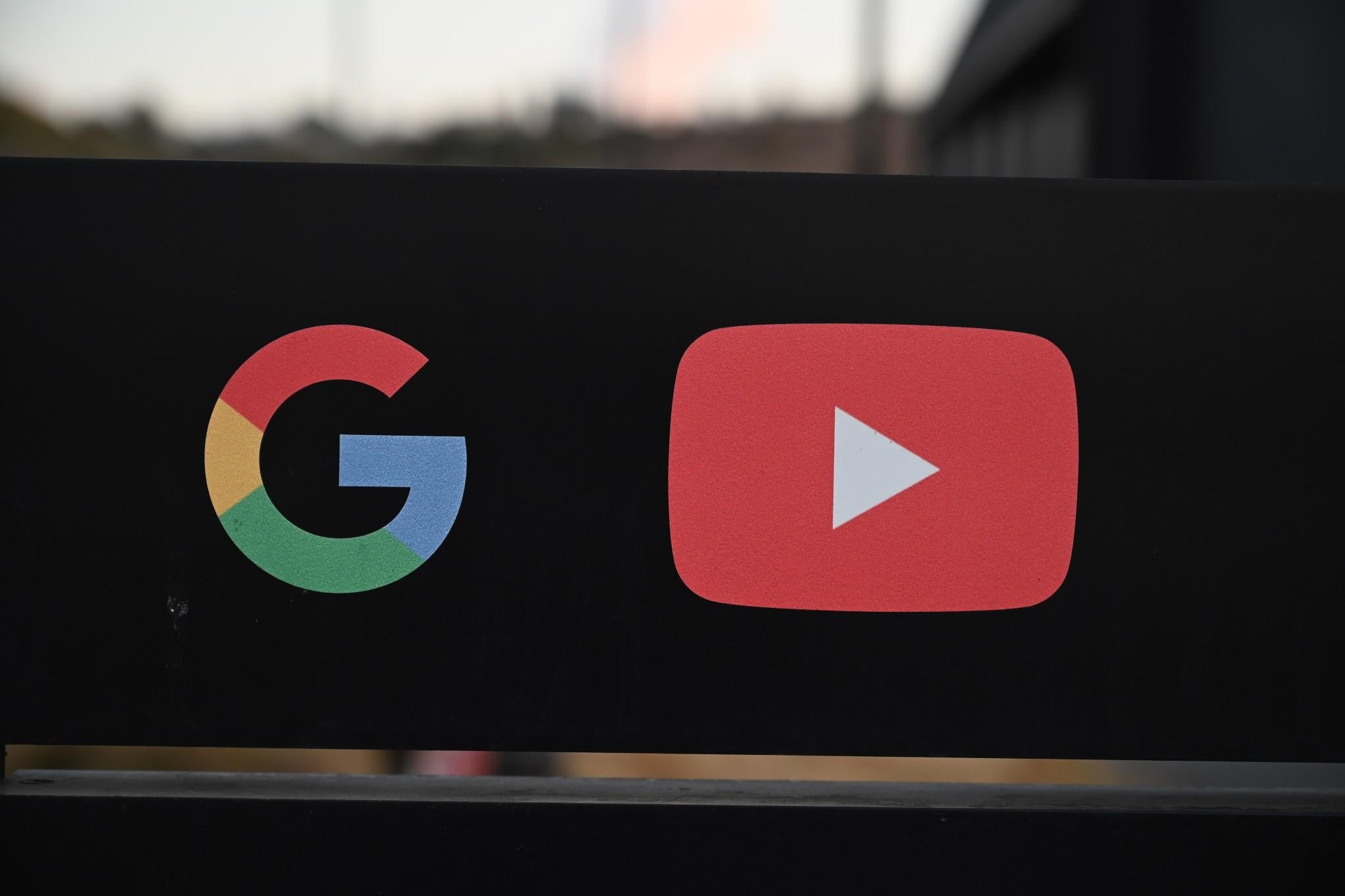Group of black creators sue YouTube, alleging racial discrimination
The suit, filed in federal court in Northern California, outlines alleged discrimination against four creators

Your support helps us to tell the story
From reproductive rights to climate change to Big Tech, The Independent is on the ground when the story is developing. Whether it's investigating the financials of Elon Musk's pro-Trump PAC or producing our latest documentary, 'The A Word', which shines a light on the American women fighting for reproductive rights, we know how important it is to parse out the facts from the messaging.
At such a critical moment in US history, we need reporters on the ground. Your donation allows us to keep sending journalists to speak to both sides of the story.
The Independent is trusted by Americans across the entire political spectrum. And unlike many other quality news outlets, we choose not to lock Americans out of our reporting and analysis with paywalls. We believe quality journalism should be available to everyone, paid for by those who can afford it.
Your support makes all the difference.A group of black YouTube creators filed suit against the company this week, alleging that the platform has been systematically removing their content without explanation.
The suit, filed in federal court in Northern California, outlines alleged discrimination against four creators, who post YouTube videos to earn advertising revenue. YouTube is part of tech giant Google.
The suit is the latest in a series of allegations that YouTube’s software, which can automatically remove videos suspected of violating the company’s policies, discriminates against certain people, such as LGBT+ groups. It comes during a national reckoning over racial discrimination in which companies like Google have promised to push for change.
YouTube uses its “absolute, and ‘unfettered’ control over access to approximately 95 per cent of all video content that is available to the public,” the lawsuit alleges, to “rig the game, by using their power to restrict and block Plaintiffs and other similarly situated competitors, based on racial identity or viewpoint discrimination for profit”.
YouTube spokespeople declined to comment on the lawsuit. In the past, YouTube has denied that its software discriminates against people, and it has said that its algorithmic approach to content moderation is protected under the law.
Catherine Jones, creator of the YouTube channel Carmen CaBoom, said the platform removed the channel, alleging nudity. But none of her videos contained nudity, the lawsuit says. Other videos Jones produced were removed because of alleged hate speech, a designation the suit says is untrue.
Nicole Lewis, whose Nicole’s View channel earns $6,000 to $7,000 (£4,810 to £5,612) per year, says 17 videos were removed or archived for unknown reasons, according to the lawsuit. Kimberly Carleste Newman said 700 or more videos from her channel, the True Royal Family, have disappeared, and she doesn’t know why or how to get them back, the lawsuit says. And Lisa Cabrera says her 4,423 videos have generated 20 million views, but 68 of them were removed with no explanation, according to the suit.
YouTube has said in the suit filed by LGBT+ YouTube creators last summer that its algorithms don’t discriminate against people for their gender or race. That suit is ongoing.
The suit filed Tuesday cites a sworn declaration by another YouTube creator, Stephanie Frosch, who says YouTube officials told her in 2017 that the company’s content moderation algorithms do discriminate based on race.

Ms Frosch is a plaintiff in the suit filed last summer. In the declaration, Ms Frosch says she was invited to YouTube’s headquarters in September 2017 to discuss alleged discrimination.
After asking Ms Frosch to sign a nondisclosure agreement, YouTube representatives told Ms Frosch that the company’s algorithms categorise creators based on their race, among other characteristics, she wrote. That information is used “when filtering and curating content and restricting access to YouTube services,” she says she was told. “The result is that the algorithm discriminates based on the identity of the creator or its intended audience when making what are supposed to be neutral content-based regulations and restrictions for videos that run on YouTube,” company officials told her, according to the declaration.
YouTube spokespeople declined to comment on Ms Frosch’s allegation.
Peter Obstler, an attorney at Browne George Ross, represents Ms Frosch and the black creators who filed suit.
The Washington Post
Join our commenting forum
Join thought-provoking conversations, follow other Independent readers and see their replies
Comments